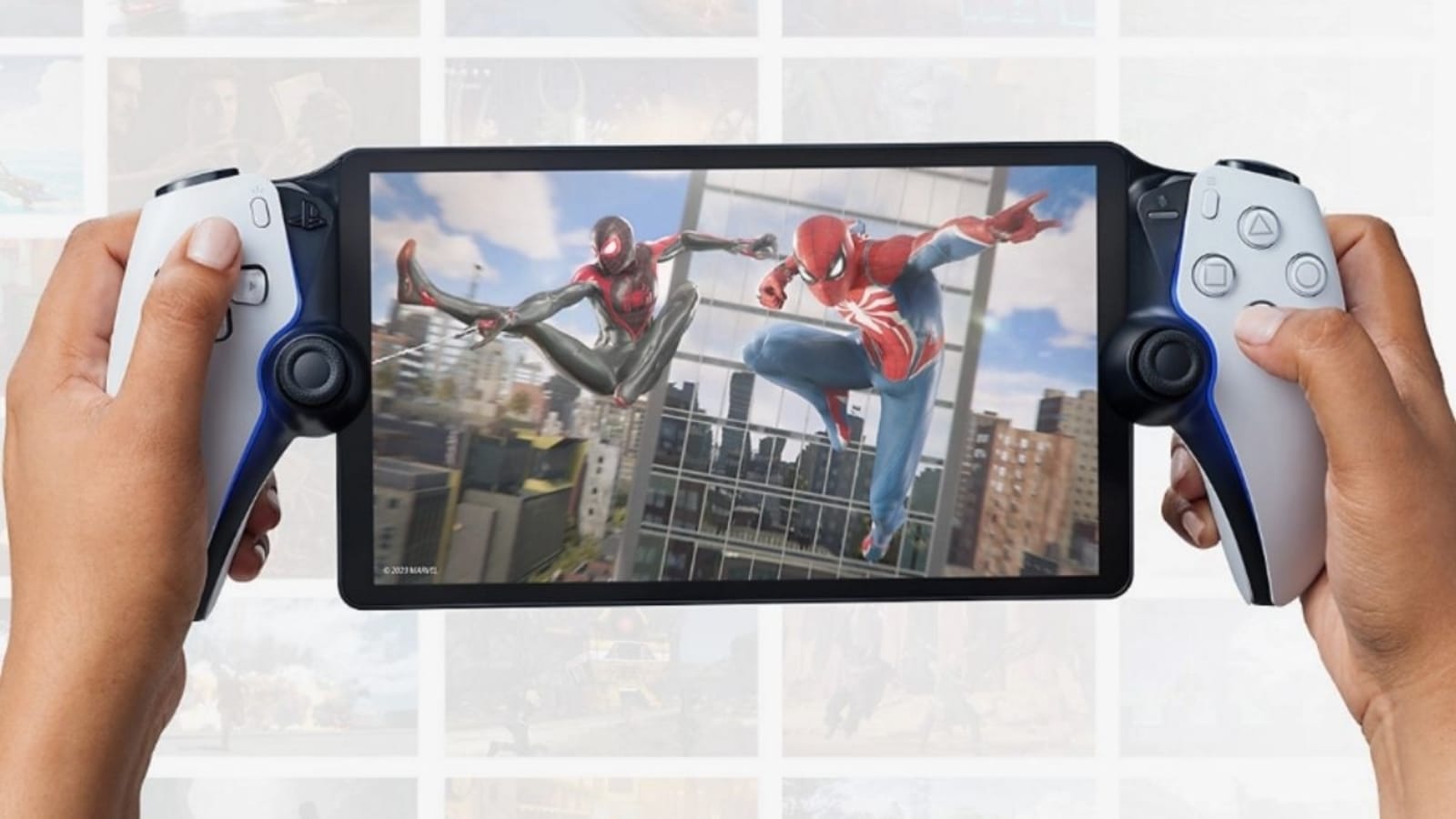Nike is facing plenty of challenges this year.
A glut of sneakers and sports clothing has built up in recent months, leading to concerns that Nike will have to heavily mark down prices on shoes and sportswear if it wants to sell them during the competitive holiday season. That has taken a toll on its stock, which has fallen 41 percent in the past year.
Then on Thursday, one of the superstar athletes with whom Nike partners, Kyrie Irving, was suspended by the Nets after he posted a link to an antisemitic film on social media.
A day later, Nike suspended its relationship with the basketball star and said it would not release Mr. Irving’s new shoe, the Kyrie 8, which was supposed to hit the market on Tuesday. Nike has produced the shoe since 2014. The company does not disclose exactly how much revenue Mr. Irving’s shoes bring in, but it is only a fraction of what the company earns from its ties to other notable stars, especially the basketball great Michael Jordan.
“There are some things that are outside of Nike’s control,” like supply chain and sourcing issues that are not so easily fixed, said David Swartz, an equity analyst at Morningstar. “This Kyrie Irving situation was in Nike’s control. They can drop him.”
Nike did not respond to an email seeking comment on the financial implications of the suspension or the future of Mr. Irving’s relationship with the company.
In its statement announcing the suspension of the relationship with Mr. Irving, the company said: “At Nike, we believe there is no place for hate speech and we condemn any form of antisemitism.” It went on to add, “We are deeply saddened and disappointed by the situation and its impact on everyone.”
It was the second time in recent weeks that an athletic apparel company found itself in the middle of a controversy involving a celebrity partner.
Last month, the rapper and designer Kanye West, who now goes by Ye, made a series of antisemitic remarks and wore a shirt with a slogan associated with white supremacists. Numerous companies and brands, including Balenciaga and the Creative Artists Agency, cut ties with the artist.
But Adidas, which took slightly longer to sever its relationship with Ye, will suffer a significant financial impact. It had built an entire division inside the company dedicated to manufacturing and selling Yeezy merchandise. The company said the move would cost it 250 million euros, or roughly $246 million, this year.
Unlike Adidas and Ye, Nike is not likely to experience the same sort of financial impact from suspending its relationship with Mr. Irving, whose contract with the company expires in October 2023.
For Nike, the Jordan brand and its ties to Michael Jordan remain the gold standard. Last year, the Jordan Brand — which includes sneakers and other athletic wear — made up $5 billion of Nike’s $44.5 billion in total revenue.
In the hopes of finding the next Mr. Jordan, Nike has inked deals with numerous basketball stars, including the Los Angeles Lakers superstar LeBron James, and Mr. Irving’s Nets teammate Kevin Durant.
Many early iterations of Mr. Irving’s sneakers have been popular among fans and fellow basketball players.
On a December 2020 call with Wall Street analysts and investors, John Donahoe, the president and chief executive of Nike, said, “This quarter’s launches in basketball, including the LeBron 18 and the Kyrie 7 have sold incredibly well.”
Using celebrities and athletes to hawk products, or even design and develop them, is nothing new. For athletic giants like Nike, Adidas and Under Armour, forming ties to entertainment stars or top sports figures has been extremely lucrative for decades. But linking a brand to a celebrity or an athlete has always had its perils and, in the age of social media, those risks are increasingly apparent.
Brands “have always been worried about this with celebrity endorsements,” said Barbara Kahn, professor of marketing at the Wharton School at the University of Pennsylvania.
She said that in the past, companies relied on tying advertising campaigns more to the attributes of their products or how those products would make shoppers feel.
“What you’re now seeing brands having to grapple with is what their brand values are,” Ms. Kahn said. “That makes the branding decisions much more complicated.”
Nike has at times embraced divisive endorsers and polarizing ad campaigns. But Mr. Irving’s antisemitic remarks seemed to make suspending him a straightforward decision, Ms. Kahn said. She added that it was a continuation of the diversity and equity values that it has been signaling to consumers since partnering with the former N.F.L. quarterback Colin Kaepernick in 2018.
The situation involving Mr. Irving began last month when he posted a link on social media to the film “Hebrews to Negroes: Wake Up Black America,” which is driven by antisemitic tropes. Among its claims is that the Holocaust never happened.
When the Nets suspended Mr. Irving a week later, it said he was “unfit to be associated” with the team because he had since declined to say that he had no antisemitic views.
The Lakers superstar Mr. James told reporters that he believed what Mr. Irving had done “caused some harm to a lot of people.”
On Thursday, after being suspended, Mr. Irving apologized on his Instagram account. “To All Jewish families and Communities that are hurt and affected from my post, I am deeply sorry to have caused you pain, and I apologize,” he said.
For Mr. Irving, who considers himself a sneakerhead, many of the shoes he collaborated on with Nike were personal, like his “I Love You Mom” series of shoes.
But last year, Mr. Irving went after Nike and a version of his Kyrie 8 shoes, claiming that he was not involved in the design process and that the resulting footwear was “trash.”
“Nike plans to release it without my okay regardless of what I say,” Mr. Irving wrote at the time in a post on his Instagram. He added, “So I apologize in advance to all of my sneaker heads and true supporters.”























